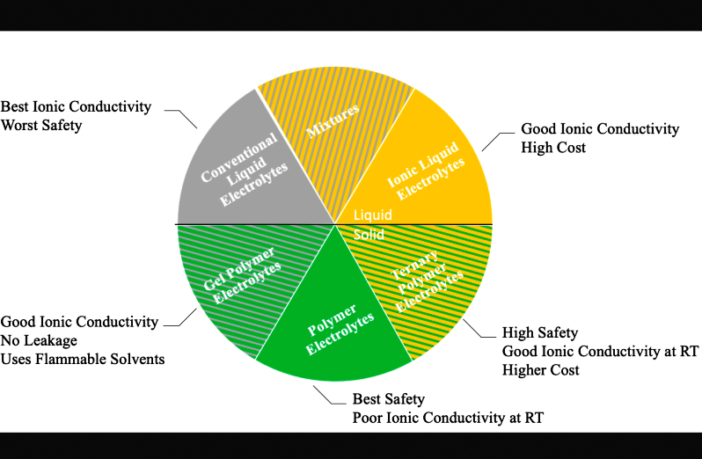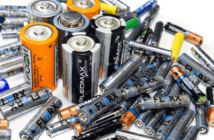We do need to keep pressing forward with reducing carbon emissions, despite current uncertainties in international affairs. That’s why we particularly appreciated hearing of progress towards better electric vehicle batteries at Massachusetts Institute of Technology (MIT). Dedicated scientists there are following all available strategies to address the threat of climate change.
What Are the Main Focus Points at MIT?
The researchers have particular interest in grid-scale energy storage for wind and solar farms. However, with an eye on electric transport they are also focusing on making lithium-ion batteries safer, denser and smaller.
Traditional lithium batteries continue to improve, according to Elsa Olivetti who gained her PhD in 2007. She is currently Esther and Harold E Edgerton Associate Professor in Materials Science and Engineering at MIT.
‘Obviously, developing technologies for grid-based storage at a large scale is critical,’ she agrees. ‘But for mobile applications – in particular transport – much research is focusing on adapting today’s lithium-ion batteries.’ We critically need better electric vehicle batteries that are safer, smaller, and can store more energy for their size and weight.
Why We Need Better Lithium-Ion Electric Vehicle Batteries Now
Elsa Olivetti told MIT News Office liquid lithium-ion electrolytes can become volatile, and catch fire. Moreover, this is more likely to occur at certain temperatures and voltages. She came out particularly strongly when she added ‘Lithium-ion batteries are not well-suited for use in vehicles.
‘Large, heavy battery packs take up space, and increase a vehicle’s overall weight reducing fuel efficiency’ she explained. The challenge is to develop a solid state electrolyte that is thin, stable and performs well. Teaming this with suitable electrodes could lead to better high performance batteries
However, MIT researchers do need to think towards commercially competitive batteries beyond their laboratories. We are not convinced future EV drivers will be willing to make personal financial sacrifices, especially in these uncertain times passing now.
Breaking News
The Very First Practical Electrical Auto




